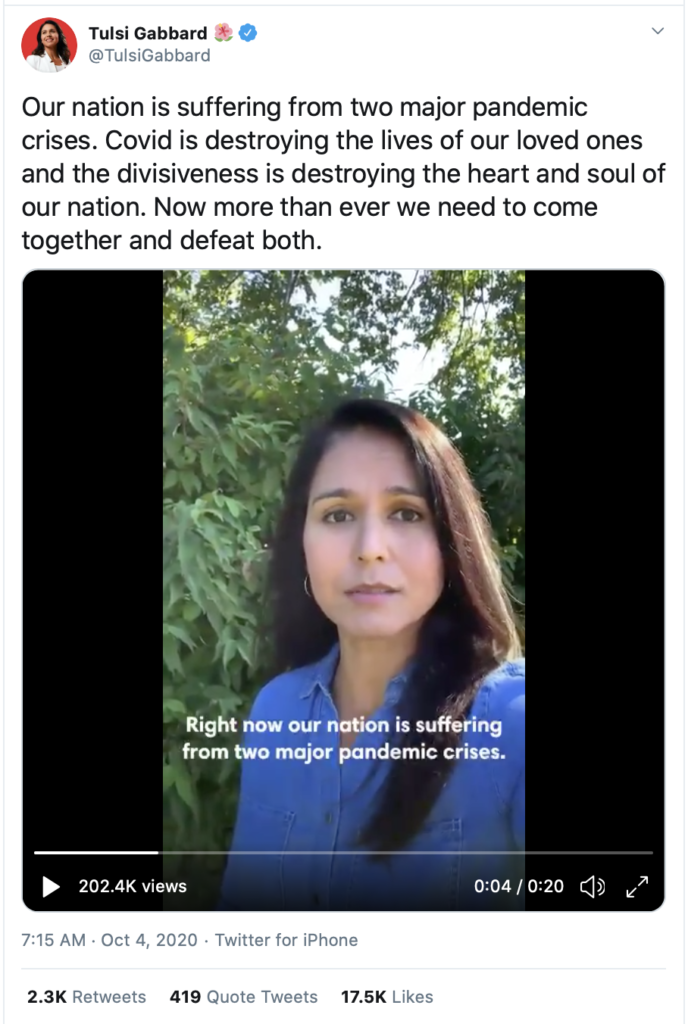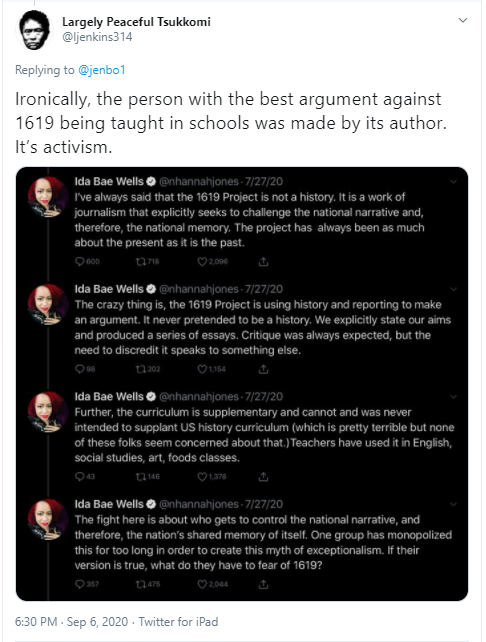Eric Weinstein Explains the Relevance of Schrodinger’s Cat to Abortion and other Issues with Limited Multiple Choice False “Solutions”
"The Portal," a newish podcast by Eric Weinstein, has become a favorite of mine. Eric has a knack for recasting commonly discussed social problems in head-wrenchingly new ways that suggest solutions. I invite you to listen to an episode or two. I think you'll be hooked too.
The first 10 minutes of Episode 35 is a good example of how Weinstein reconceptualizes a problem. He begins by discussing the conundrum of Schrodinger's cat. Is it alive or dead? But not so fast! Why are there only two "solutions" offered? Especially where neither of these "solutions" captures the complexity of the situation? Weinstein offers his own interpretation of this "super-position" problem: Asking whether the cat is "alive or dead" improperly attempts to lock us into an over-simplistic binary, a false dilemma. This is not the end of Weinstein's thoughts on superposition, but only the beginning. He then turns his sights toward many thorny social problems, all of which tend to be (improperly) presented as having only two (or a few) possible answers. Take, for example, abortion. The following is a transcript I created of a part of Weinstein's discussion:
The Portal – Ep 35 May 21, 2020
Eric Weinstein:
I've come to believe that we are wasting our political lives on [ ] superposition questions. For example, let's see if we can solve the abortion debate problem right now on this podcast using superposition, as it is much easier than the abortion problem itself. The abortion debate problem is that everyone agrees that before fertilization there's no human life to worry about, and that after a baby is born, there's no question that it has a right to live. Yet pro-choice and pro-life activists insist on telling us that the developing embryo is either a mere bundle of cells suddenly becoming a life only when born or a full-fledged baby the moment the sperm enters the egg. You can guess my answer here. The question of "Is it a baby's life or a woman's choice?" is agreed upon by everyone before fertilization or following birth because the observable in question has the system as one of the two multiple choice answers in those two cases.However, during the process of embryonic development, something miraculous is taking place that we simply don't understand scientifically. Somehow a non-sentient blastula becomes a baby by a process utterly opaque to science, which has yet has no mature theory of consciousness. The system in utero is a changing and progressing superposition tilted heavily towards not being a baby at the beginning and tilted heavily towards being one at the end of the pregnancy.
But the problem here is that we have allowed the activists rather than the embryologists and developmental biologists to hand us the "life versus choice" observable with its two terrible multiple choice options. If we had let the embryologists set the multiple choice question there would be at least 23 Carnegie stages for the embryo before you even get to fetal development. But instead of going forward from what we both know and don't know with high confidence about the system, we are instead permanently deranged by being stuck with "Schrodinger's Embryo" by the activists who insist on working backwards from their political objectives.
So does this somehow solve the abortion issue? Of course not. All it does is get us to see how ridiculously transparent we are in our politics that we would allow our society to be led by those activists who would shoehorn the central scientific miracle of human development into a nutty political binary of convenience. We don't even think to ask, Who are these people who have left us at each other's throats debating an inappropriate multiple choice question that can never be answered?
Well, in the spirit of The Portal, we are always looking for a way out of our perennial problems to try to find an exit. And I think that the technique here of teaching oneself to spot superposition problems in stalemated political systems brings a great deal of relief to those of us who find the perspective of naive activism a fairly impoverished worldview.
The activist mindset is always trying to remove nuanced selections that might better match our world's needs from among the multiple choice answers until it finds a comical binary. Do you support the war on drugs? Yes or no? Are you for or against immigration? Should men and women be treated equally? Should we embrace capitalism or choose socialism? Racism: systemic problem or convenient excuse? Is China a trading partner or a strategic rival? Has technology stagnated or is it in fact racing ahead at breakneck speed? Has feminism gone too far, or not far enough?
In all of these cases, there's an entire industry built around writing articles that involve replacing conversations that might progress towards answers and agreement with simple multiple choice political options that foreclose all hope. And in general, we can surmise when this has occurred because activism generally leaves a distinct signature where the true state of a system is best represented as a superposition of the last two remaining choices that bitterly divided us, handed us by activists.
So I will leave you with the following thought. The “principle of superposition” is not limited to quantum weirdness, and it may be governing your life at a level you have never considered. Think about where you are most divided from your loved ones politically. Then ask yourself "When I listen to the debates at my dinner table, am I hearing a set of multiple choice answers that sound like they were developed by scholars interested in understanding or by activists who were pushing for an outcome?" If the latter, think about whether you couldn't make more progress with those you love by recognizing that the truth is usually in some kind of a superposition of the last remaining answers pushed by the activists.
But you don't have to accept these middlebrow binaries, dilemmas and trilemmas. Instead, try asking a new question: If my loved ones and I trashed the terms of debate foisted upon us by strangers, activists and the news media, could we together fashion a list of multiple choice answers that we might agree contain an answer we all could live with and that better describes the true state of the system? I mean, do you really want open or closed borders? Do you really want to talk about psilocybin and heroin in the same breath? Do you really want to claim that there is no systemic effect oppression or that it governs every aspect of our lives? Before long, it is my hope that you will develop an intuition that many long-running stalemated discussions are really about having our lives shoehorned by others into inappropriate binaries that can only represent the state of our world as a superposition of inappropriate and simplistic answers that you never would have chosen for yourself.



